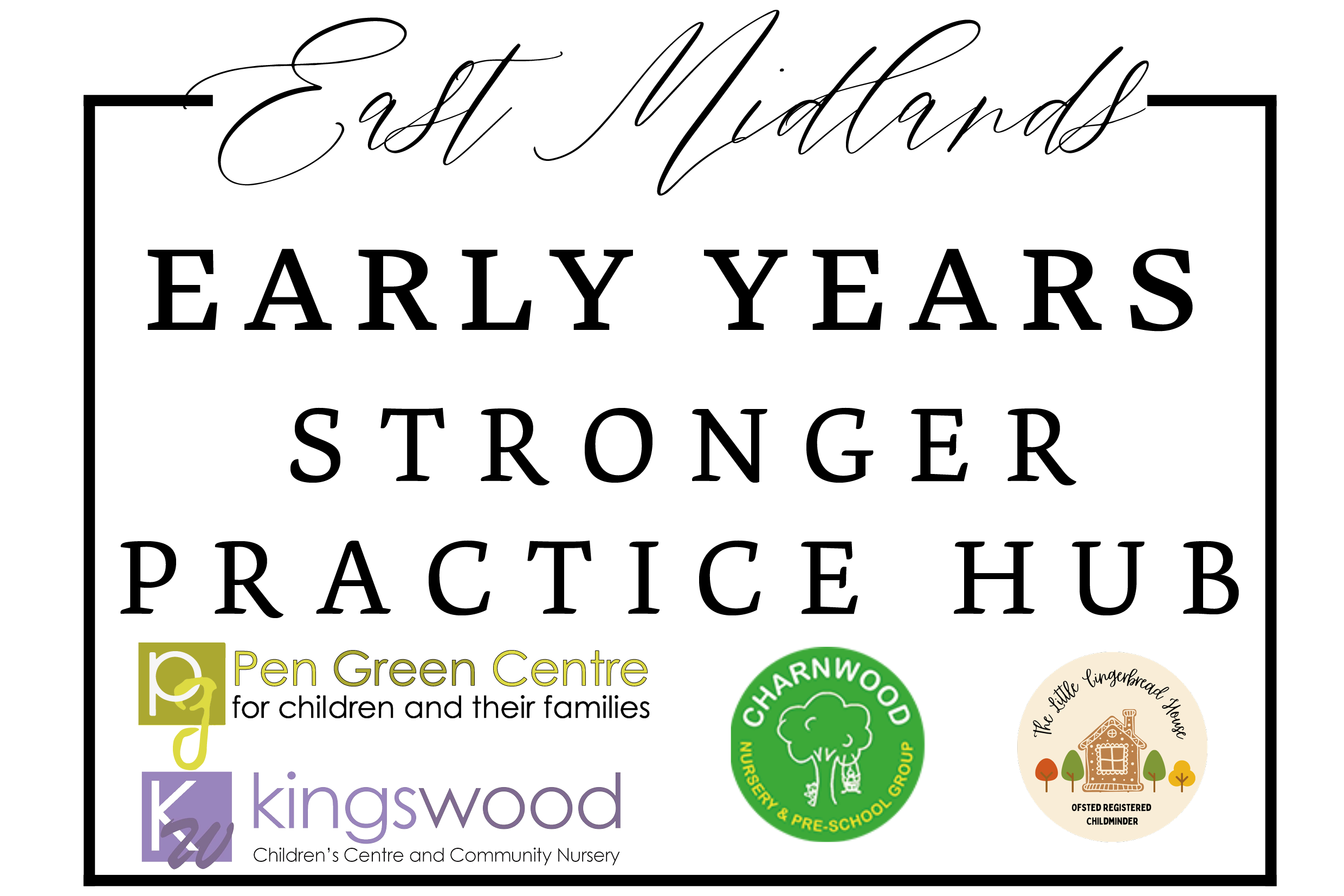Introduction:
Karen is a specialist Speech and Language Therapist with 25 years’ experience in early years. Following a 19 year career in the NHS in Northamptonshire, she has worked independently supporting children and families in their homes and helping practitioners and children in Early Years Settings through government funding.
Why are the first 1000 days critical to a baby’s development?
Did you know that most brain structures are created in the first 1000 days of life – from conception to the age of 2 years? Some parts of the brain only grow during this time and can never be improved after this critical window for learning has elapsed.
The brain develops rapidly after birth. Early experiences shape the brain. Repeating and building on these experiences ensures strong connections are formed and embedded. Genes form the blueprint of the brain but the strength and speed of connections is determined by the environment that the baby is growing up in. In the early years, the brain can adapt flexibly. This is called brain plasticity. As the baby grows and the connections become established the brain becomes less flexible.
Why is this important to speech and language development?
Interactions that babies and young children have with the important adults in their lives are the most important factor influencing their development. Babies naturally seek interactions from birth in order to survive. At first they do not know that their cries and movements get a response from an adult. This is known as pre-intentional communication. However, when adults consistently respond to them, the baby begins to understand that they are affecting the behaviour of the adult. They start to use sounds and actions purposefully to seek adult responses – they develop intentional communication. These back and forth interactions, known as ‘serve and return’, play a vital role in developing connections in the brain.
How do babies learn language?
Within the first year of their life a baby will pay more attention to the sounds that form the language they hear spoken around them, gradually losing the ability to pick up sounds which do not feature in their home language (or languages). Babies are born with the ability to pick up any language they are exposed to, but as they start to hear familiar patterns, they gain mastery of their first language and lose the ability to tune in to sounds which do not appear in that language. This is a critical period for language development.
If children do not get enough interaction at this stage, it will be very difficult for them to master language as brain connections will not be fired and they will fade away. The language centres of the brain have to be stimulated in order to connect. Progress can be made later in life but later but mastery of language is much more difficult.
In most cases, a child who has had frequent opportunities for ‘serve and return’ interactions will pick up language naturally. They will also develop a blueprint for language, which makes it easier for them to “map on” other languages that they are exposed to throughout childhood. This becomes harder as the brain loses its plasticity as the child grows. This is why this is hard for adults to learn a new language; the brain has lost its plasticity and the connections are fixed.
How does knowledge about the first 1000 days inform our practice?
We know that the quality of the relationships that babies and young children have is vital to building the foundations of their future success. If their early life needs are met (e.g. nutrition, environmental and health needs), children across populations and cultures from around the world will develop very similarly. The biology of the human brain is the same worldwide; it is the environmental differences which put children on different pathways. Early intervention which focuses on supporting early interaction has positive effects across the life span. Early Years Practitioners have a crucial role to play in supporting early interaction.
Worldwide research highlights a common theme– support for parents is vital to a child’s future learning
Dr Michelle Fernandes and her Team have conducted worldwide research looking at the reasons for developmental delays across diverse communities and linked this to the importance of the first 1000 days. The findings concluded that we can help children by supporting their parents and helping them to feel confident and empowered.
Early Years Practitioners are in a privileged position to support parents who attend their settings through encouragement, reassurance, demonstration and discussion. Involving parents and giving them the opportunity to contribute to their child’s learning is the most important factor in enabling a child to do well, regardless of their background. The importance of working in partnership with parents to support children cannot be underestimated.
References:
https://concernusa.org/news/first-1000-days/
https://www.childrenslifetime.org/brain-growth-and-development
https://parentinfantfoundation.org.uk/our-work/campaigning/babies-in-lockdown/
https://speechandlanguage.org.uk/wp-content/uploads/2024/02/1.7-million-young-futures-FINAL.pdf
https://speechandlanguage.org.uk/the-issue/our-campaigns/speaking-up-for-the-covid-generation/
https://www.fundingawards.nihr.ac.uk/award/NIHR156329
https://www.paediatrics.ox.ac.uk/About/team/michelle-fernandes
https://gtr.ukri.org/projects?ref=MR%2FV029169%2F1
https://royalfoundation.com/wp-content/uploads/2020/11/Ipsos-MORI-SON_report_FINAL_V2.4.pdf
